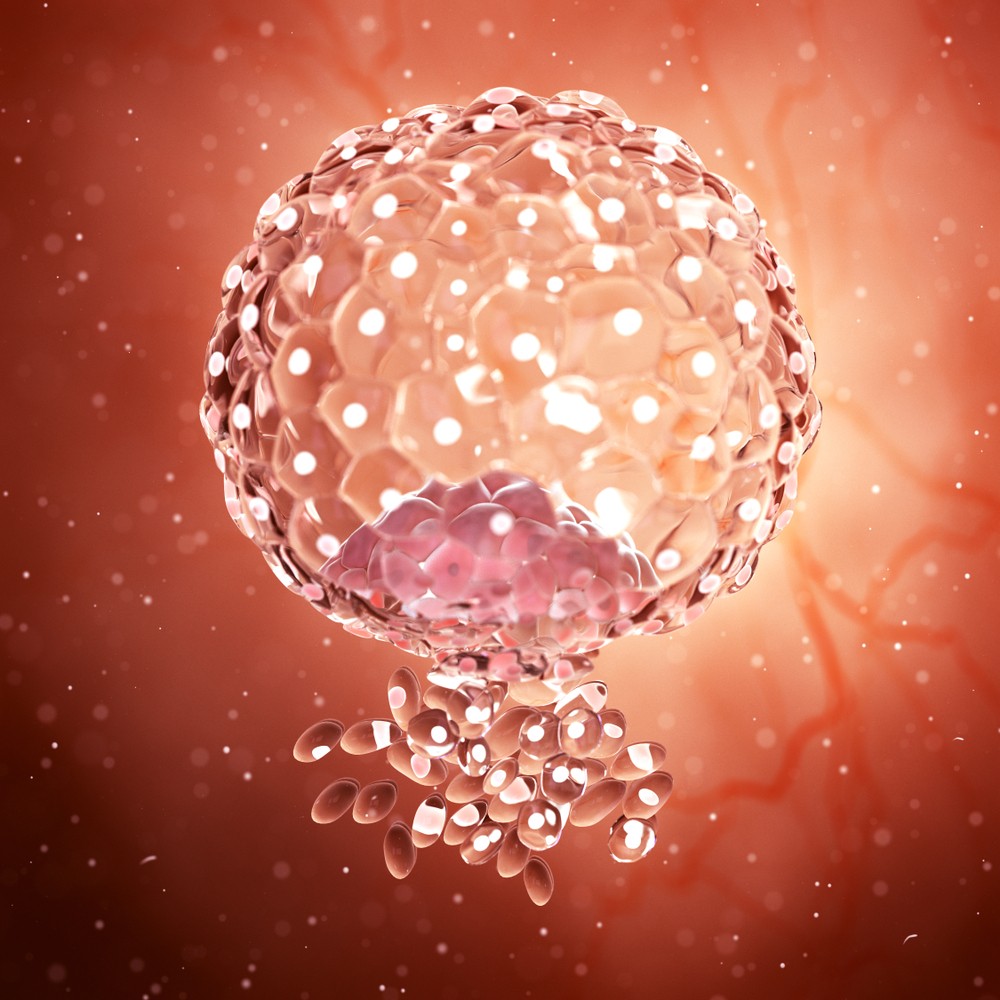“Cultivate the soil before planting the seed” – Chinese proverb
The key processes in human reproduction are inflammatory processes, starting with ovulation then implantation and, finally the onset of labour.
Throughout the monthly cycle, inflammation plays a role in tissue repair and re-modelling of the uterine lining. The lining of the uterus reflects what is happening in the whole system, including the brain. The monthly female cycle is an indicator of the inflammatory status and if conception takes place, the foetus absorbs the mother’s life-long inflammatory profile in utero.
This is why we need to investigate in detail the character of the cycle and flow as an important biomarker. Any sign of a dysfunctional endometrium should be addressed in good time and effort should be made to optimize uterine receptivity during the preconception period. If you are preparing for IVF, improving the uterine lining is paramount as good quality embryos could fail to implant.
‘The Conversation’
Around 48 hours prior to implantation, a ‘conversation’ is initiated between the embryo and the endometrium.
To reject or not
The implanting embryo is, by its nature, a foreign graft, so the maternal immune system is engaged. During implantation, as a defence mechanism, abnormal embryos will be rejected by the maternal immune system. However, at conception and during a normal pregnancy, initiating and maintaining immunological tolerance in the mother is critical.
It is postulated that on many occasions, embryos do implant but are “rejected” by the maternal immune system. Failures to conceive, early miscarriages, chemical pregnancies and immunological pregnancy losses can be attributed to this rejection. This could also lead to Repeated Implantation Failure (RIF), when embryos of good quality fail to implant following multiple IVF cycles.
This reprogramming of the maternal immune system from immunological rejection to immunological tolerance is biologically critical in the reproduction process.
Fertilization and implantation requires the suppression of inflammation in the female reproductive system
Implantation is an inflammatory and immunological process.
The inflammatory state can perturb the intricate signalling mechanism involved in reproduction. Inflammation alters the follicular fluid in which eggs grow, affects the embryo itself, embryo-endometrial interaction and endometrial receptivity.
In women with hyperactive immune systems, the implanting embryos will be regarded as “foreign” and the immune system will attack them, as it would a foreign organ transplant. Any autoimmunity, such as autoimmune thyroid disease, Hashimoto’s or hyper allergenic status, can create difficulties for implantation and/or early miscarriages. As autoimmune and inflammatory pathways overlap and run in parallel, ‘taming the internal fire’, the control of systemic inflammation, is important in optimizing natural fertility and improving IVF outcome.
Our program is designed to reduce inflammation and promote a healthy uterine lining thus creating an optimal in utero environment and restore youthful hormonal levels. By resolving chronic systemic inflammation, your body becomes truly baby-friendly.
Dr Ryu’s Article:
Improving Endometrial Receptivity for IVF success
References:
Why does a euploid embryo fail to implant? lessons from patients who get a second transfer





